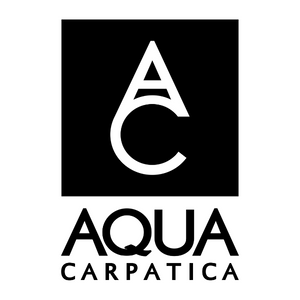All the winery’s 60 partner vintners have now adopted organic or biodynamic farming methods. Including the Alois Lageder estate, that’s an impressive 140ha (346 acres) of vineyards in the Alto Adige region that are now farmed sustainably.
At the same time, the family-run winery is introducing a ‘value system’ for paying the growers. The new system emphasises values such as sustainable agriculture, biodiversity, and soil fertility, serving as the basis for the economic evaluation of their work, which in turn determines the price of the grapes.
“When we transitioned our own vineyards to biodynamic practices back in 2004, we could only dream of the day that our vintner partners would join us in this healthy form of agriculture that respects nature and the environment. The idea that so many of those supplying us with grapes would adopt similar practices seemed almost unbelievable. It brings us incredible joy and gratitude to see our dream finally realised, with everyone now practising organic or biodynamic farming. This is a meaningful achievement for us as both a family and a winery,” comments Alois Lageder, who made his first attempts at biodynamic farming in the 1990s.
'This is a meaningful achievement for us as both a family and a winery'
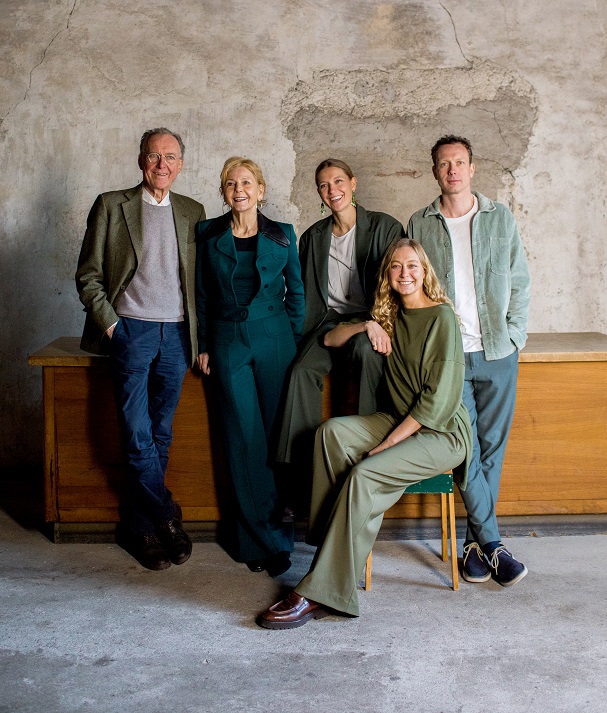
Two decades later, this dream has become reality: the family-run 55ha (136 acres) of vineyards plus an additional 85ha (210 acres) of partner vineyards are now farmed organically or biodynamically. For Helena Lageder (seated), the sixth generation at the family winery, this is clearly a joint achievement: “We are both happy and proud to have achieved this milestone together with our vintner partners and staff.”
‘It no longer makes sense for us to mainly focus on the sugar levels of our vintner partners’ grapes’
The new grape “value system”
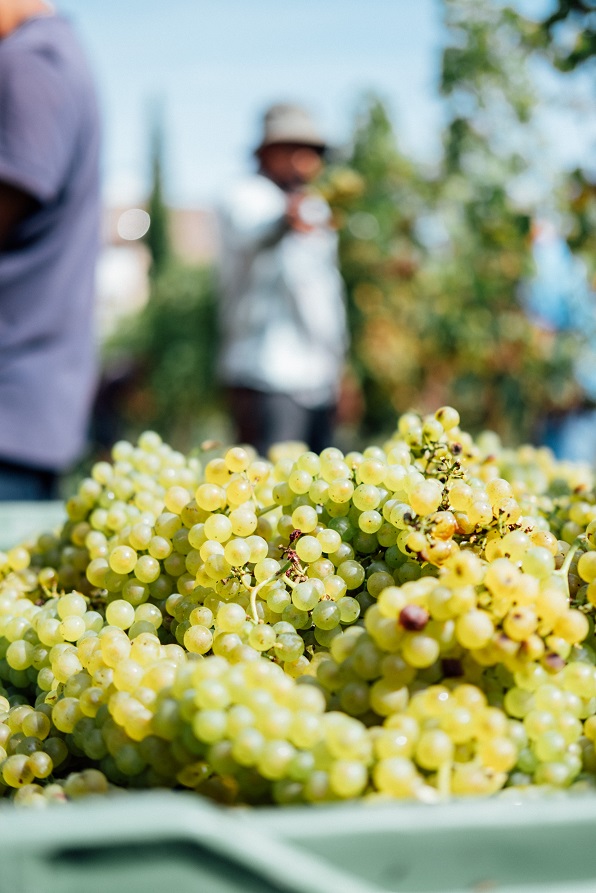
Starting with the 2024 harvest, the Alois Lageder Winery has introduced a fresh approach to evaluating the work and grapes of their vintner partners, focusing on healthy farming practices. The new value system emphasises ecological responsibility, sustainability and biodiversity in the vineyard.
Alois Clemens Lageder, who runs the winery with his sisters, Helena and Anna, explains the background to this decision: “It no longer makes sense for us to mainly focus on the sugar levels of our vintner partners’ grapes, but rather to take greater account of their work, their commitment to the environment and to healthy agriculture. Especially for our styles, which focuses on freshness, liveliness, and vibrancy, we need specific guidelines to ensure our partners can produce the grapes required for our wines. This is also becoming increasingly important in light of the changing climate.”
How does the value system work in practice?
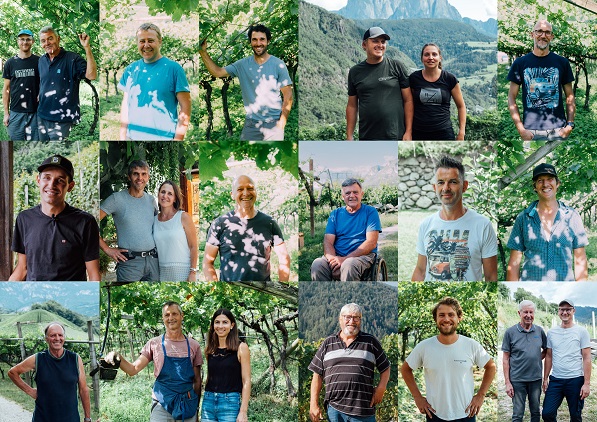
The winery has developed the ‘value system’ with some of their growers. It is based on the five pillars of soil, plant, animal, human and market. Initiatives such as cover cropping, hedge planting, gentle pruning and livestock integration are encouraged and financially rewarded. All partners work organically or biodynamically, in addition they can decide how far they want to go in the five areas and which values they want to implement.
The parameters are designed to serve as both a guide and a support system, enhancing awareness of practices that can further improve vineyard health.
In addition to these parameters, which relate to the cultivation of the vineyards, there are site-specific or market-dependent criteria, such as location, slope, grape varieties, etc, which are evaluated separately. The value system sets in motion a development process that enables everyone to achieve the specified goals step by step. These are linked to an economic and transparent evaluation, which results in the price for the respective grapes.
The cooperation with the vintner partners is based on trust and dialogue, according to the winery. The assessment of how well the criteria is met is conducted annually in collaboration with the winery’s agricultural team, including field inspections and ongoing communication.
“The new system is still in its early stages, and we plan to refine and evolve it continuously over the next few years in collaboration with our vintner partners. It represents a significant and vital shift towards placing an even greater emphasis on healthy agriculture and collaborative relationships with our partners,” says Alois Clemens Lageder.
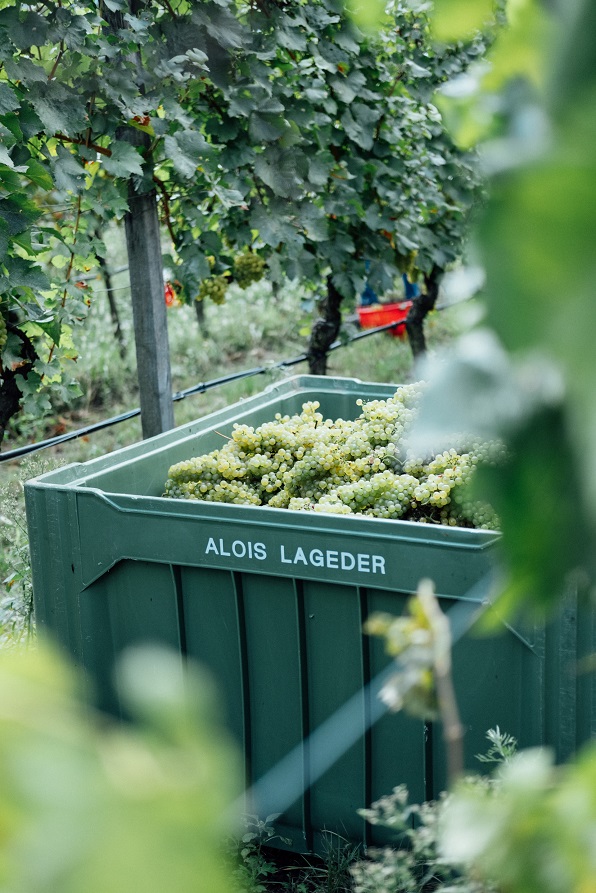

 English
English French
French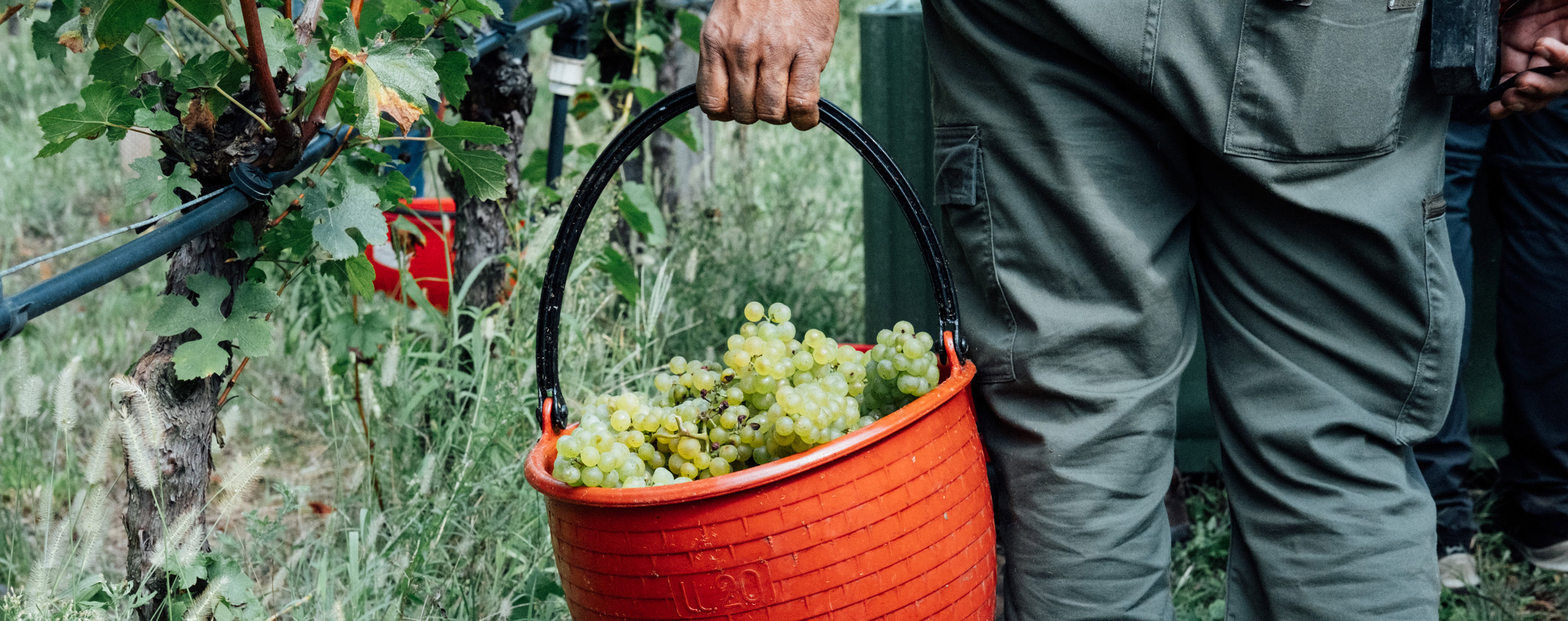



.png)
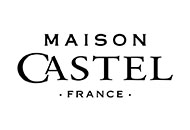

.png)



